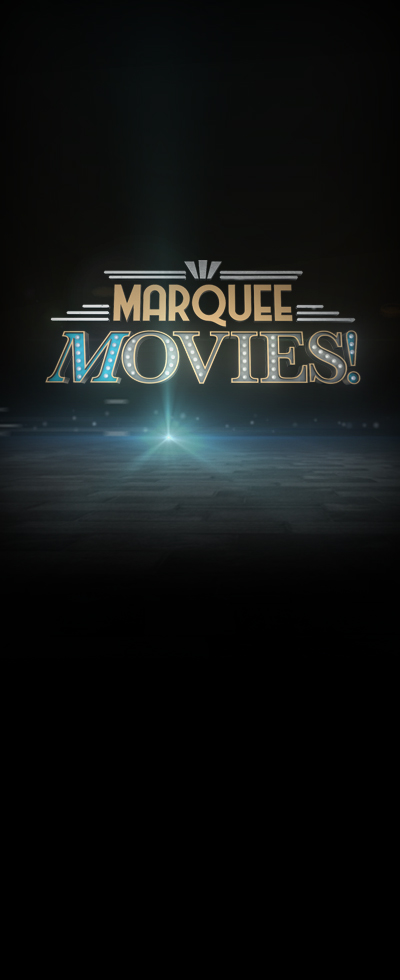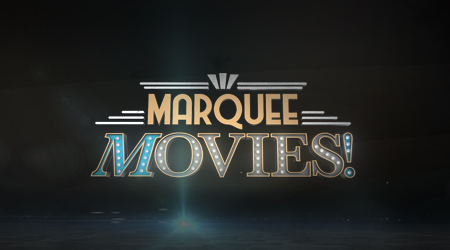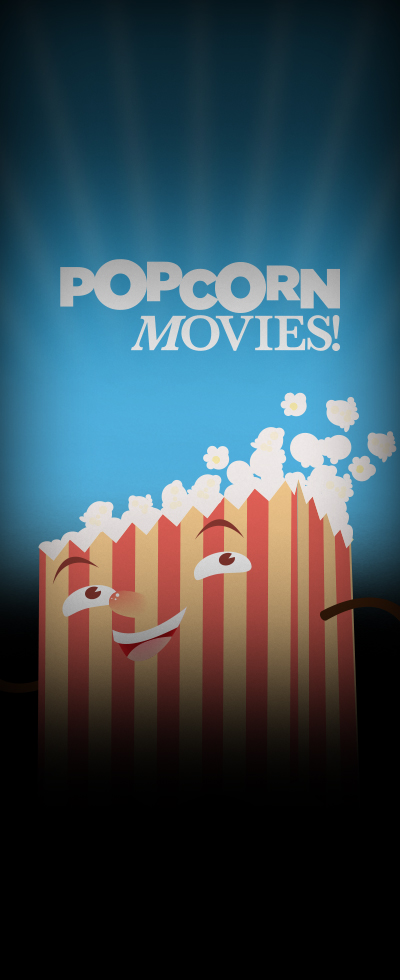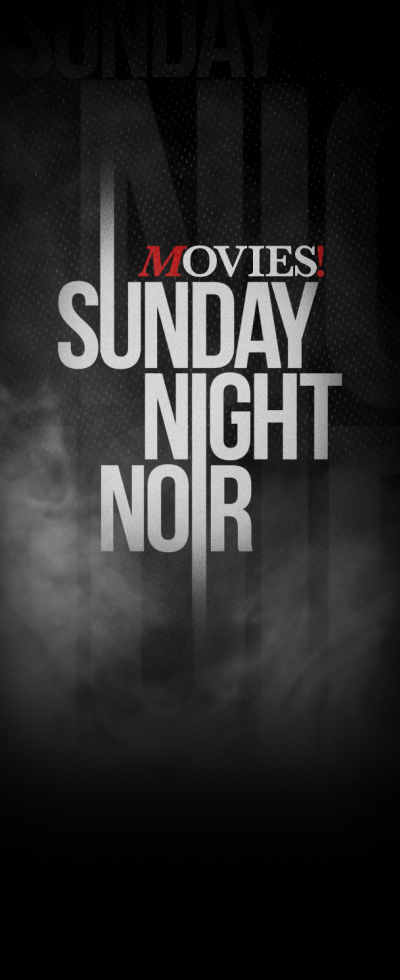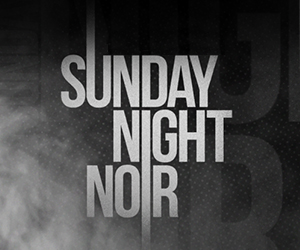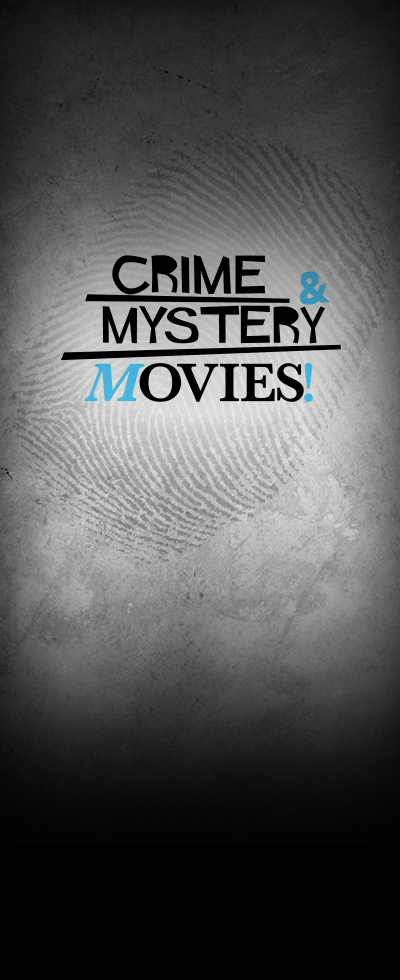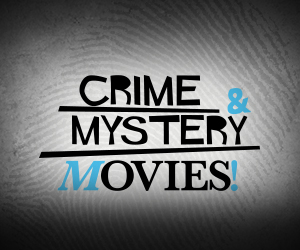For showtimes, click here.
Crossfire was one of the first movies to tackle Anti-Semitism, and it was met with critical and commercial success. Costing approximately $250,000, the film grossed more than $1 million dollars and earned five Academy Award nominations, including nominations for Robert Ryan, Gloria Grahame, and Director Edward Dmytryk.
1. The Production Code affected the film.

Crossfire was based on Richard Brook’s novel, The Brick Foxhole. Rather than tackling Anti-Semitism, the novel’s plot involved the murder of a homosexual. In order to get around the production code, the subject matter was changed to racism. Director Edward Dmytryk said, “We could always talk the studio into making three or four prestige pictures. We said, ‘This may not make money, but it’ll give the studio prestige.’” Not only did the film actually make money, but it was also nominated for Best Picture.
2. Thank the budget for the noir feel.

In order to maximize his low budget movie, Director Dmytryk intentionally used noir lighting which allowed shots to be set-up quickly and gave more time to work with the actors. He said, “If we hadn’t used the film noir method… which was mostly shadow, we could never have finished it in that time.” The movie was shot in 20 days, two days shorter than scheduled.
3. Ryan asked for the role.

Robert Ryan and author Richard Brooks both served in the Marine Corps. When Ryan heard about Brook’s novel, he said he wanted to play Montgomery if it was ever adapted for the screen. Ryan remembered, “I thought such a part would make an actor – not break him.” And was he right. Robert was in Europe when the film was released, and he recalled, “I came back to the sort of reception reserved by the New York press for people who had done something. Everybody wanted an interview; photographers were everywhere.”
4. HUAC labeled it “pro-communist”.

Investigators from the House Un-American Activities Committee did not approve of the film, and Director Dmytryk along with others were called to testify for their connections to communism. Dmytryk said, “They had a bitter enemy and that enemy happened to be Russia now, instead of the Nazis.” The director had been a communist in the past, but had left the party. His association with the other members of the "Hollywood Ten" – a group of communist-linked Hollywood industry members – led to getting blacklisted and serving jail time for contempt.


